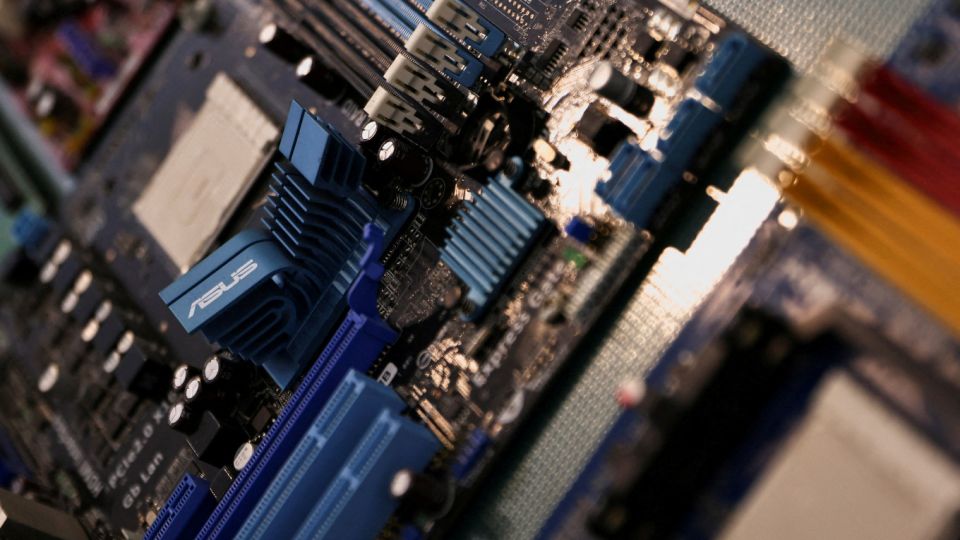November 2, 2022
JAKARTA – United States sanctions on the Chinese semiconductor industry affect not only those two countries, but also the global supply chain, as revealed by Singaporean industry insiders.
Singapore is home to several semiconductor start-ups that either design chips for electronic devices or are heavy users of microchips manufactured or designed globally, including from China.
“Singapore is so small that when ‘elephants fight, the grass gets trampled’. So, [we] just have to make sure that the elephants don’t step on us,” said Edwin Chow, assistant CEO for innovation and enterprise at Enterprise Singapore — a government agency with responsibility for enterprise development — referring to the US and China as the fighting elephants.
Reeling in major global players — such as STMicroelectronics, Micron Technology, GlobalFoundries, Taiwan’s TSMC and UMC has been a major part of the Southeast Asian city-state’s development strategy.
“Semiconductors are a critical part of our economy. I think probably close to a third of our manufacturing is semiconductors,” revealed Chow.
For his part, Chow said that US-imposed sanctions on the Chinese semiconductor sector had affected the industry in a number of ways; first and foremost by ramping up costs given that China was cut out of the supply chain.
That situation leaves semiconductor start-ups with just two options: buying chips exclusively designed and produced in the US or redesigning entire products that previously were only compatible with chips from China.
The second way the US sanctions are affecting the industry is that companies now must pay extra attention to whom they sell their products, which is a cause of increased business inconvenience.
“Previously, I could sell to you and then you could go sell to someone else and [that] someone else could sell to Chinese companies. But now, the onus is on the company to prove that it is not backed by the Chinese government or Chinese military. So, it’s an additional affliction, an additional cost of doing business,” said Chow.
Chandran Nair, CEO of AEM, a Singapore-based manufacturer of equipment for semiconductor chip testing and handling worth over US$100 million, said that overall, the US policy would have some impact on his company’s business, albeit not that tremendous.
“If your question is ‘can we sell to the companies in the [US] black list?’ That we can’t do. But to all other companies in China? Yes, we can sell to them,” he said.
“But the responsibility is on the customer. For example, let’s assume there’s an American customer who uses our equipment, [who] then deploys it to China. According to the latest rules, they cannot send certain high-performing chips into China,” he added, explaining that in his line of business, the headache was on the shoulders of his customers.


